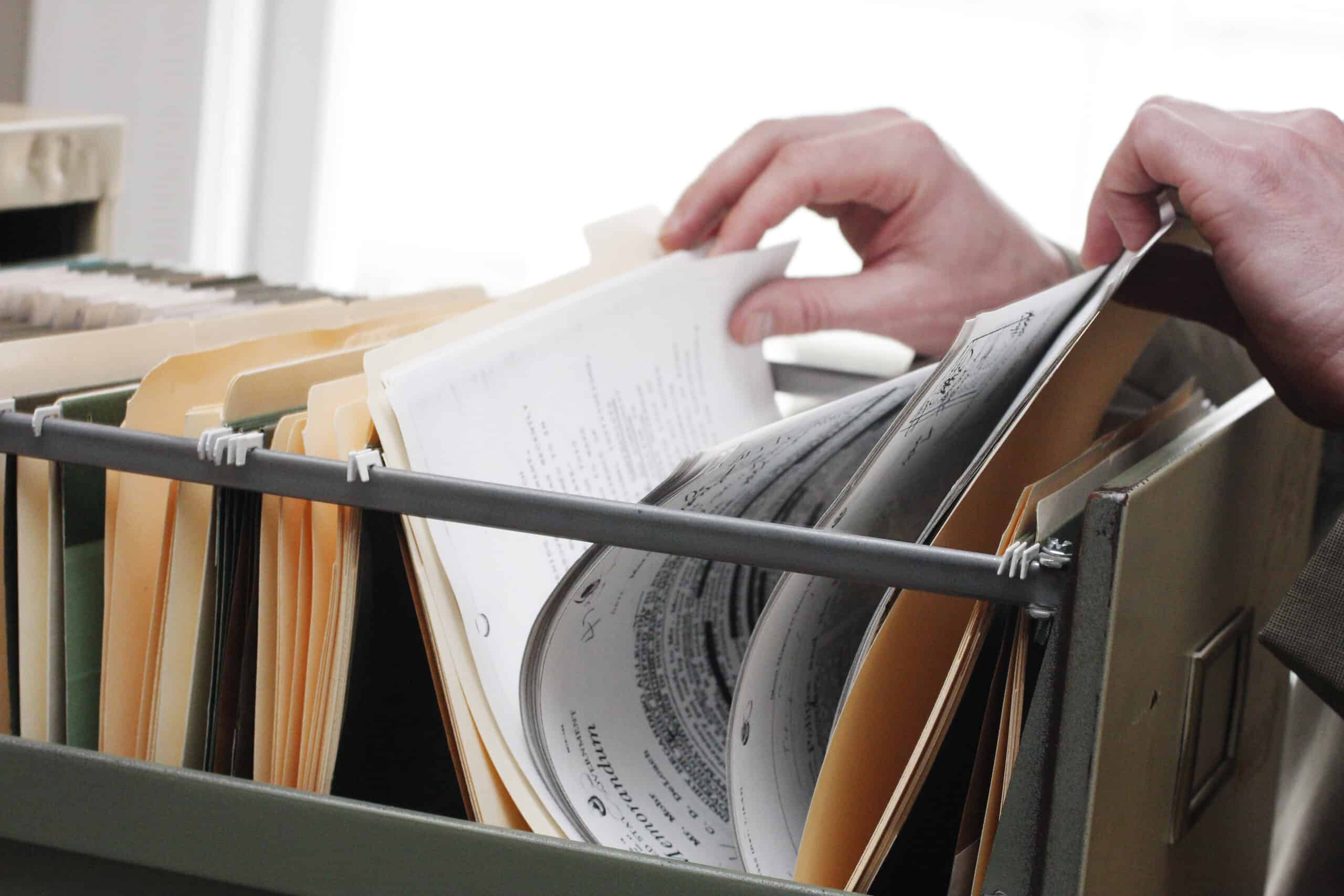
Buying a home can be a long and arduous process. It involves numerous legal and financial steps, as well as making a checklist of must-haves and touring properties. First-time homebuyers face great challenges in home buying, but with a little research, you don’t have to go in totally blind. Take these tips with you as you embark on your home buying journey. (Also read: this is the hottest housing market in America)
1. Save early

The earlier you start squirreling away money for a home, the better. Even if you’re in your early 20s and don’t think you’ll buy a home for another 10 years, it’s a good idea to just put a little of your paycheck toward a home fund. Those 10 years will creep up on you faster than you think.
If you invest your savings into a fund with compound interest, such as the S&P 500, you could end up with a lot more money than you put in.
2. Save for extra expenses

The general rule of thumb for home buying is that you need to have 20 percent of the total home price for a down payment. But you’ll also need additional funds for closing and moving costs.
Let’s say you purchase a home for $500,000. You’ll need about $100,000 in cash for the down payment, as well as an additional $10,000 for closing costs. The average cost to move a three-bedroom home is over $2,000 — and of course, that price could be a lot steeper for interstate and cross-country moves.
3. Maintain good credit

Buyers will need to have a credit score of at least 620 to purchase a house with a conventional loan. Certain Federal Housing Association (FHA)-backed loans only require a score of 500 or more.
But just meeting the minimum requirement may not be enough. Lower credit scores will typically mean higher interest rates — and just a few interest rate points could add hundreds onto your monthly mortgage bill.
Maintain good credit by paying your bills on time, staying below your credit limit, and keeping accounts open.
4. Shop around for a real estate agent

An experienced real estate agent could make all the difference in your home buying search. They could know about properties for sale before they hit the market, advise you on what to offer, and negotiate for you. They will also have market and industry insights that could come in handy.
You don’t have to go with the first agent you meet with, or the agent that’s on a listing you like. You’re free to shop around and find an agent that you mesh well with and trust.
5. Look into programs for first-time homebuyers

The FHA or your state’s housing association may offer first-time homebuyers assistance programs that could cover part of the down payment or closing costs. This will ease what is often the greatest barrier of entry for young buyers.
Do some research into the FHA and your state’s housing association to see if you qualify, and how much you could receive. They may also offer other forms of assistance to first-time homebuyers, including loan programs.
6. Calculate how much you can afford

A lot of math will go into what you can afford to purchase. You’ll need to know your monthly income and savings, as well as how the interest rate will impact the monthly payment. Homebuyers will also need to factor in additional monthly and annual costs, including maintenance and repairs, taxes, and homeowners insurance.
Zillow estimates that homeowners can expect to spend an average of $1,180 per month in hidden costs.
Knowing what you can afford will dictate the rest of your home search, and might encourage you to not go over budget. And keep in mind that just because a mortgage lender pre-approved you for a certain amount, doesn’t necessarily mean you’ll want to spend that.
7. Make a wishlist

As the old adage goes, “help me help you.” When you provide your real estate agent with a list of things you want and don’t want in a home, they can help you find the property of your dreams. In making a wishlist, be sure to consider your lifestyle, the things you like about your current living situation, and the things you want to upgrade by purchasing.
Do you want a single-family home or a condo? How many bedrooms and bathrooms? Maybe you need an extra living space for a home office, or a generous garage for a wood shop. If you have dogs, a small backyard is better than no backyard, and a mudroom might not be necessary but could be nice to have.
8. Ask lots of questions during the open house and walkthrough

Think of questions before you tour a property, and make sure to ask any that might come up while you’re there. Try to consider what living in a new home would look like. Closet space, window orientation, layout, and kitchen design are all things you can inspect during your tour. But you may also want to ask how recently the roof, electrical, and HVAC were updated.
While you’re at it, take a few days or weeks to think of things you might not even notice about your current home. If you live in a very quiet area, you may not even consider asking what a new neighborhood’s regular decibel level is like. Do people have loud parties often? Are there cat colonies in the neighborhood? They might want to use your new backyard as a litter box. What about street sweeping and cleanliness?
9. Make the most out of the inspection

You may think that a home inspection is something private, or something you’re not allowed to be a part of. But on the contrary, you can be involved in the process, and even attend the inspection itself.
From the very start, you can interview several inspectors to make sure they’re going to look at everything. Ask them lots of questions before hiring them. Once you hire them, attend the inspection, and continue to ask questions about anything they might find.
1o. Get pre-approved before you put an offer down

The typical advice to homebuyers is to get pre-approved by a mortgage lender when you start your serious home search. So, if you’re just browsing available properties and thinking about buying, you probably don’t need to get pre-approved yet. But if you’ve gotten serious about the process, you’ve done your research, and you’re ready to make some (literal) moves, you can go ahead and start thinking about the pre-approval.
A pre-approval is typically valid for between 60 and 90 days. Having one already in writing will strengthen your offer on a home, because sellers will see that you’re a serious buyer and that a mortgage lender has reviewed your financials. This will give you stronger negotiating tools and help streamline the home buying process.
11. Save both physical and digital copies of your paperwork and documents

It’s always a good idea to hold onto any documents you sign regarding the purchase of your home. These will come in handy for taxes, writing your will, and eventually selling your home. And of course, it’s good to have both the physical and digital copies of these documents, that way you have backups in case anything happens.
Get Ready To Retire (Sponsored)
Start by taking a quick retirement quiz from SmartAsset that will match you with up to 3 financial advisors that serve your area and beyond in 5 minutes, or less.
Each advisor has been vetted by SmartAsset and is held to a fiduciary standard to act in your best interests.
Here’s how it works:
1. Answer SmartAsset advisor match quiz
2. Review your pre-screened matches at your leisure. Check out the advisors’ profiles.
3. Speak with advisors at no cost to you. Have an introductory call on the phone or introduction in person and choose whom to work with in the future
Get started right here.
Thank you for reading! Have some feedback for us?
Contact the 24/7 Wall St. editorial team.


